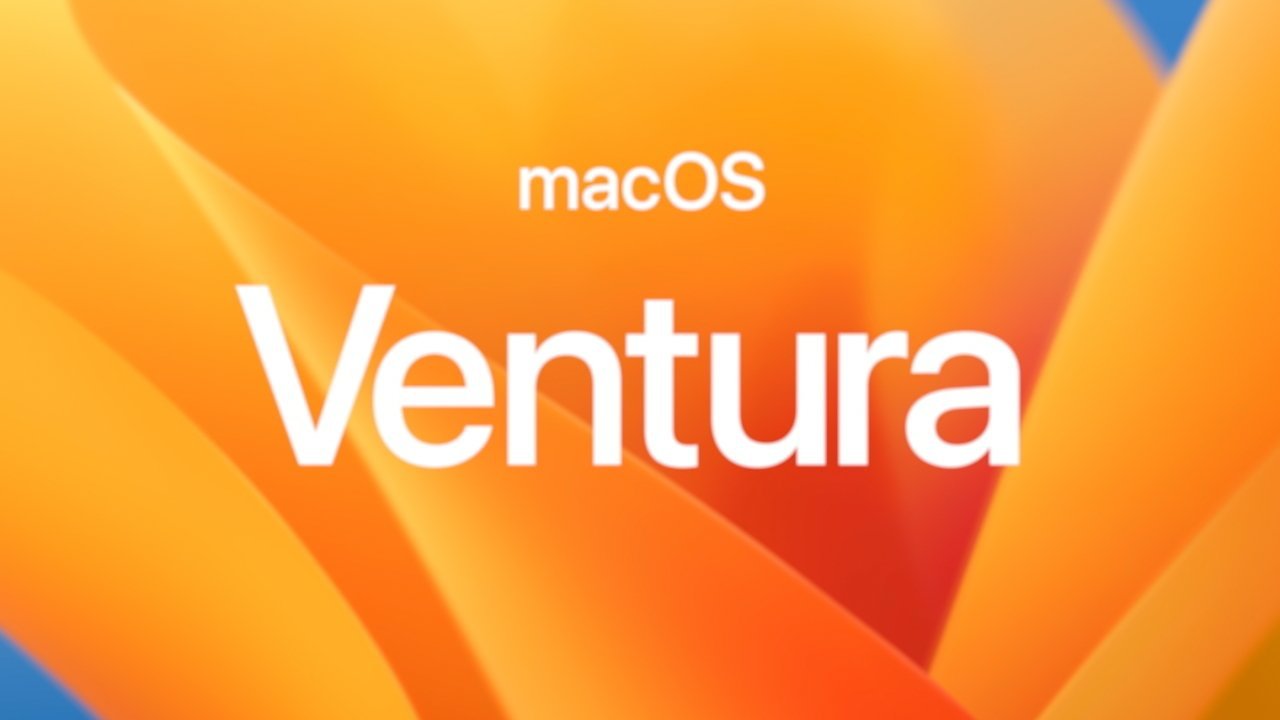Apple releases macOS Ventura 13.2 with security key support
The new macOS Ventura 13.2 is now rolling out to users, with improved security features including rapid response updates.
Following the usual multiple beta test releases, macOS 13.2 is now available, and will come pre-installed on all new Macs.
This release is chiefly concerned with beginning the implementation of new security features that Apple has announced it will continue introducing over the next few months.
Consequently, macOS 13.2 features support for using a physical security key with two-factor authentication. On signing in with an Apple ID, users get the option to require a physical hardware key to verify their identity.
Apple's latest update also brings Rapid Security Response to the Mac.
Now available across Mac, iPhone, and iPad, Rapid Response means that security updates can be made to a Mac urgently. Rather than being included in a regular software update, a security patch can be applied
Added in iOS 16, iPadOS 16.1, and now macOS Ventura, Apple uses Rapid Security Response to issue urgent security patches to users quickly. It's separate from the regular software updates, and gets applied automatically on restart.
 William Gallagher
William Gallagher








 Amber Neely
Amber Neely
 Thomas Sibilly
Thomas Sibilly
 AppleInsider Staff
AppleInsider Staff

 Malcolm Owen
Malcolm Owen
 Christine McKee
Christine McKee









7 Comments
The old-fashioned in me thinks I should know when an update has happened, so I can suspect it the next time my Mac plays up. Discuss.
When I upgraded my wife to the latest M1 iMac her scanner only worked with Rosetta 2 support. The scanner maker eventually released a native driver for Apple Silicon which I download from the scanner manufacturer, which worked even better.
It looked like support for Logitech Options (for configuring keyboard and mouse options) would follow a similar path. But the Rosetta 2 “shim” method never worked quite right so Logitech discouraged users from using it. Some time later, quite recently in fact, Logitech released a native version driver that works as-expected for a subset of their devices, with support for more devices coming soon.
This experience tells me that the peripheral makers are largely responsible for providing support for their devices on Apple platforms. Apple obviously provides kernel level support for IO port access, and sometimes a generic kernel driver, and they did provide a the Rosetta 2 shim when things change at the kernel level, but the ball seems to be mostly in the court of the peripheral makers. Of course the peripheral device maker has to work within the integration model the OS maker provides, including security requirements like driver signing. This is really no different than the way Windows drivers work.